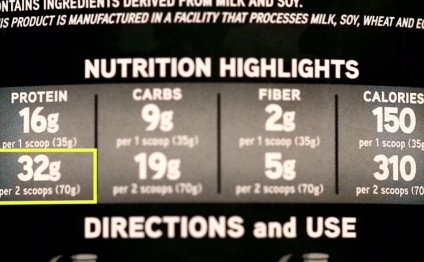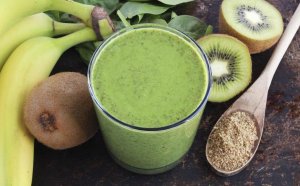
After workout Protein
 After exercise, it starts. The body begins the process of recovery, adapting and preparing for the next challenge.
After exercise, it starts. The body begins the process of recovery, adapting and preparing for the next challenge.
There are two basic types of recovery. The first is the restoration of fuel supplies-the carbohydrates and fats that supply energy to the working muscle.
The second is adaptation, in which the structure and metabolic processes of the muscles are rebuilt and reinforced to be stronger and more efficient.
Different types of exercise will stimulate different types of adaptation. After a bout of endurance exercise, there is an increase in enzymes and structures for fat metabolism and better fatigue resistance.
After resistance training, there is an increase in strength and size of muscle fibers. Sprint training stimulates both. Enzymes and muscle fibers are made of protein.
Adaptation depends on an increase in protein synthesis-the making of new proteins. How much protein synthesis occurs after exercise depends on the balance between the breakdown and the building of proteins.
While hormones such as testosterone and growth hormone are released to support and enhance this process, this balance ultimately depends on nutrition.
To maximize athletic performance, the goal is to create an environment in your body between exercise sessions that minimizes the breakdown of protein and maximizes protein synthesis. This principle is also true for seniors embarking on a strength-training program.
Protein breakdown is the predominant process under stressful conditions like exercise-stress and fasting activates the release of cortisol, a catabolic hormone released to combat inflammation and break down proteins to amino acids that can be used for energy.
When cortisol is allowed to remain elevated after exercise, protein breakdown continues.
A common mistake among athletes is to refrain from eating after exercise either because they think that fat burning will continue at a higher rate or because their appetite is depressed.
It is better to eat and drink immediately after exercise, especially after prolonged or high-intensity workouts.
Sport drinks or foods that deliver high glycemic carbohydrates will stimulate an insulin response from the pancreas. Insulin counteracts cortisol and minimizes protein breakdown.
INTERESTING VIDEO



Share this Post
Related posts
Food after Workouts
When it comes to fitness, there are certain universal questions that experts hear almost every day: How can I get the most…
Read MoreBanana after workout
You went to depth on every squat rep and pushed your reverse lunges to failure. Your quads are beat and your hamstrings burn…
Read More









